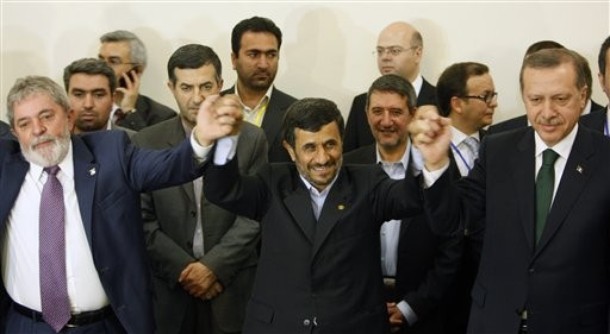
When it comes to Iran, the best is consistently the enemy of the good. The International Atomic Energy Agency report issued on Tuesday affirms what western governments already know or believe: that for all the sanctions and diplomacy, Iran continues to make steady progress toward producing a nuclear weapon. We might be able to make a deal that would at least bring some Iranian stocks of low-enriched uranium into the custody of a third country – starting a process of multilateral cooperation to meet Iran’s legitimate needs for nuclear fuel, while constraining its illicit activities. This would still leave Iran enough LEU to produce a bomb, and could legitimise its enrichment efforts. That would be bad. But continuing with a policy of sanctions and pressure that is not working is worse.
The Stuxnet worm does appear to have set Iran back, but new generations of cyber-viruses may be easier to defend against. Military action will remain an option, but is not certain to work, and would have deeply counter-productive political effects inside Iran and probably across the Muslim world. That leaves diplomacy.
In 2011, Brazil and Turkey brokered a deal, rejected by western powers, in which Iran would transfer 1,200kg of LEU to Turkey in return for the same quantity of nuclear fuel for a medical research reactor in Tehran. The deal fell through; and an opportunity to work with Iran within a cooperative rather than a coercive frame was lost.
Western governments should now turn back to Turkey and Brazil. Let them initiate a new round of negotiations under UN auspices – with full backing from the US, France, Russia and other powers concerned. At the least, it deprives the Iranian government of its familiar US whipping boy. At most, we might succeed in halting play and then changing the game.
Anne-Marie Slaughter, an Atlantic Council Board member, is Dean of the Woodrow Wilson School of Public and International Affairs and the Bert G. Kerstetter ’66 University Professor of Politics and International Affairs at Princeton University. This article was originally published in the Financial Times.
Image: ap%205%2028%2010%20Ahmadinejad%20Lula%20da%20Silva%20Erdogan.jpg
